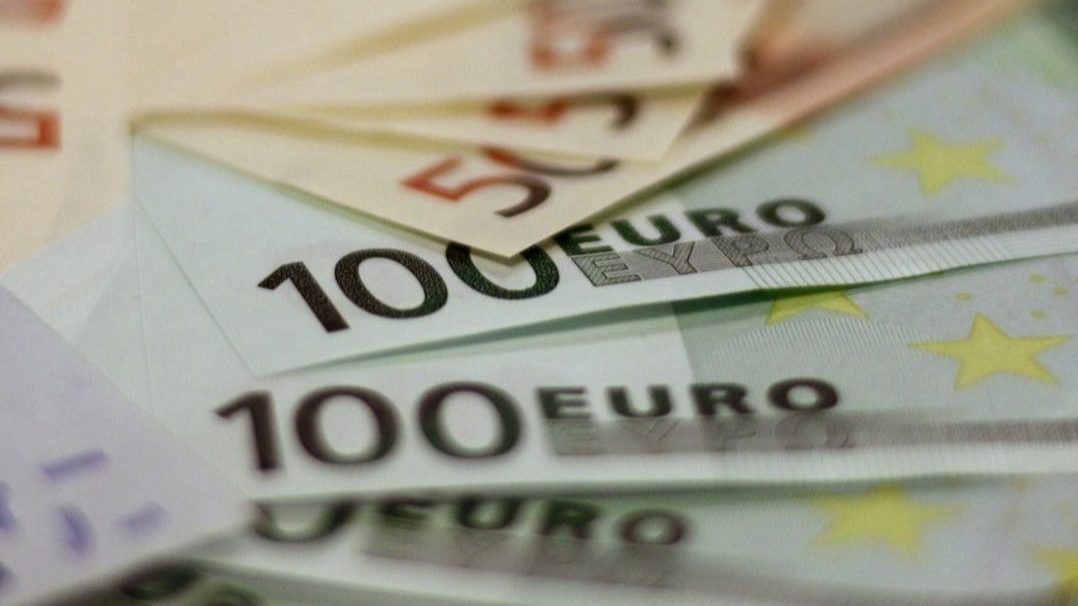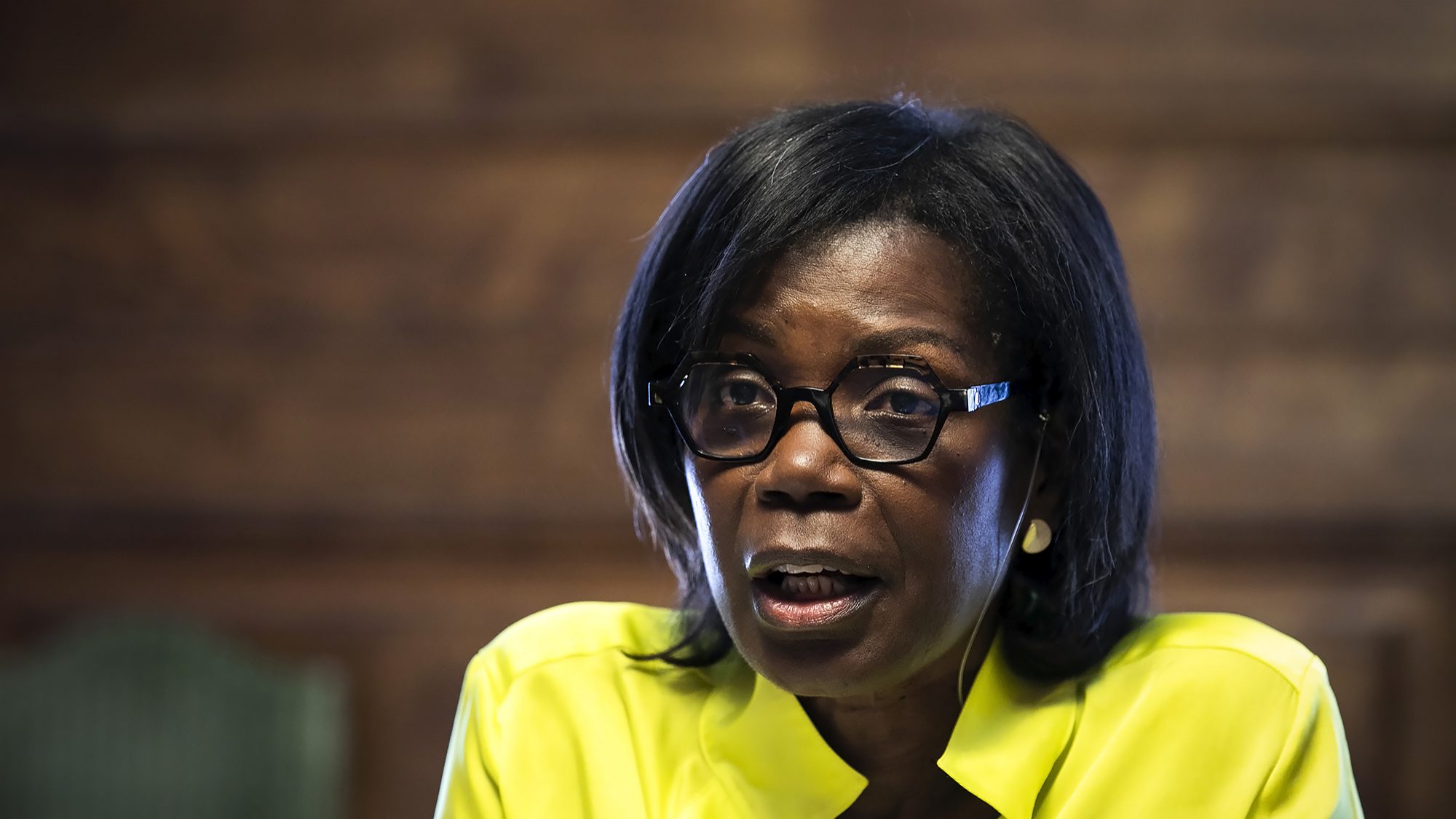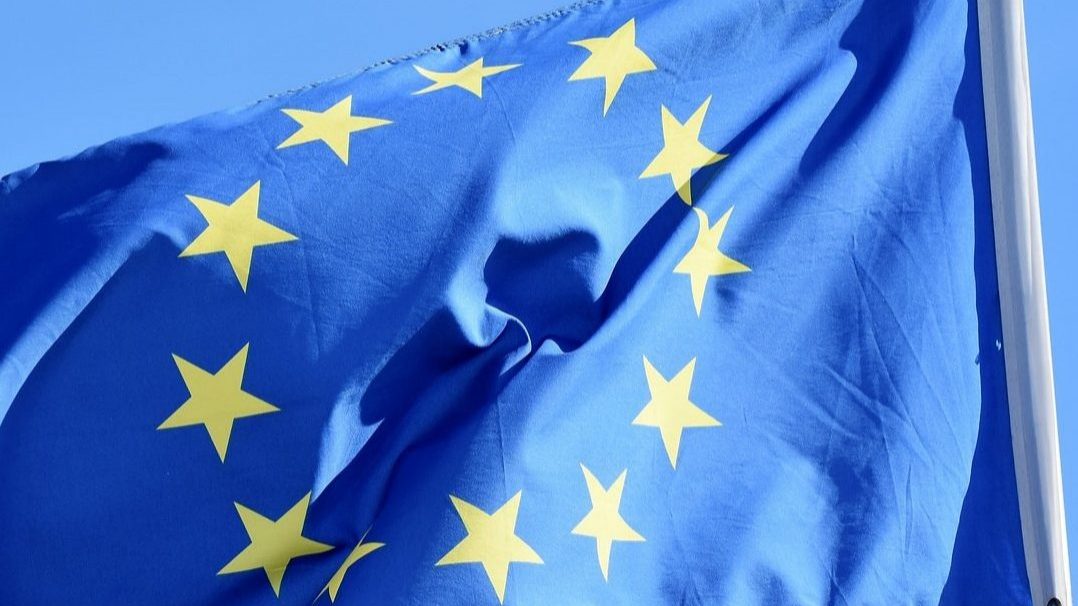Portugal among 47 backtracking on corruption
On a global scale there has been a "steady decline" in the fight against irregularities such as the payment of bribes in foreign operations, according to Transparency International (TI).
Portugal is among 47 exporting countries worldwide that have taken steps backwards in the fight against corruption, so far as the activities of their companies abroad are concerned, Transparency International (TI) warned on Tuesday.
On a global scale there has been a “steady decline” in the fight against irregularities such as the payment of bribes in foreign operations, according to the non-governmental organisation, which is based in Germany.
In Europe, according to the study, “a gloomy picture” prevails in countries such as Portugal, Spain, Italy and Sweden, where there has been “a huge abandonment” of previous commitments to measures to combat irregularities.
In the last two years Portugal and several other countries have moved from the category of “moderate application” to “limited application” of such measures, according to the standards established by the NGO.
Other European Union countries such as Belgium, Denmark, Finland or Luxembourg remain in the “no implementation” category.
Among the reasons for this situation, TI mentions that in “almost all” of the countries assessed, the police or other authorities charged with investigating economic and financial crimes lack the necessary resources.
Despite the impact caused by the Covid-19 pandemic, Transparency International argues that in all aspects – including in the fight against corruption – the “registered decline” began to be noticed before the health crisis, and reflects “a profound political will” not to take the fight forward.
TI, which is preparing the launch of its latest “Exporting Corruption” report, warned on Tuesday that similar levels have been reached to those seen in 2009.
In 2018, it found, 27% of countries studied were actively applying the Anti-Corruption Convention of the Organisation for Economic Co-operation and Development (OECD), but between 2020 and 2022 the figure fell to 16.5% and 11.8% respectively – that is, more than halving in the space of four years.
“Governments face many challenges, from [fighting] kleptocracy to climate disasters and economic chaos,” TI’s president, Delia Ferrera, is quoted as saying in a statement released on Tuesday. Still, she goes on, countries should not lose sight of transnational corruption networks that increase threats and block possible solutions by breaking laws, shutting out competition and blocking resources from the public purse.
According to TI’s initial findings, currently only two countries out of 47 remain on the OECD convention’s “active implementation” list: the US and Switzerland. Paradoxically, these two are also at the bottom of the table in “financial transparency”.
Seven countries, together responsible for 16.9% of global exports fall, into the “moderate implementation” category, while 18 countries accounting for 15.5% of exports apply the convention in a “limited” way.
TI also notes that currently 55% of world exports come from countries that do not fight corruption by multinational companies.
In the case of the People’s Republic of China, TI points out that the country is not a signatory to the OECD convention and that it has no legislation on bribery abroad.
In the same group as China are major economies such as Japan, India, Mexico or Russia.
In the last two years only Peru and Latvia have stepped up the fight against foreign bribery, according to TI.
The NGO warns that most of the world’s major exporters do not have any kind of protection programme for people blowing the whistle on alleged international corruption offences, and recommends that governments strengthen legislative “weak points” and systems for implementing anti-corruption measures.
It also urges exporting countries to ensure transparency with regard to information related to the fight against bribery, such as, for example, the creation of a public database of cases, and wants governments to take steps to compensate the victims of these offences.
“It is time to recognise the rights of victims and time to develop transparent and accountable mechanisms to compensate those affected, including foreign states, companies and populations affected by bribery,” Gillian Dell, one of the lead authors of the TI report, is quoted as saying.


